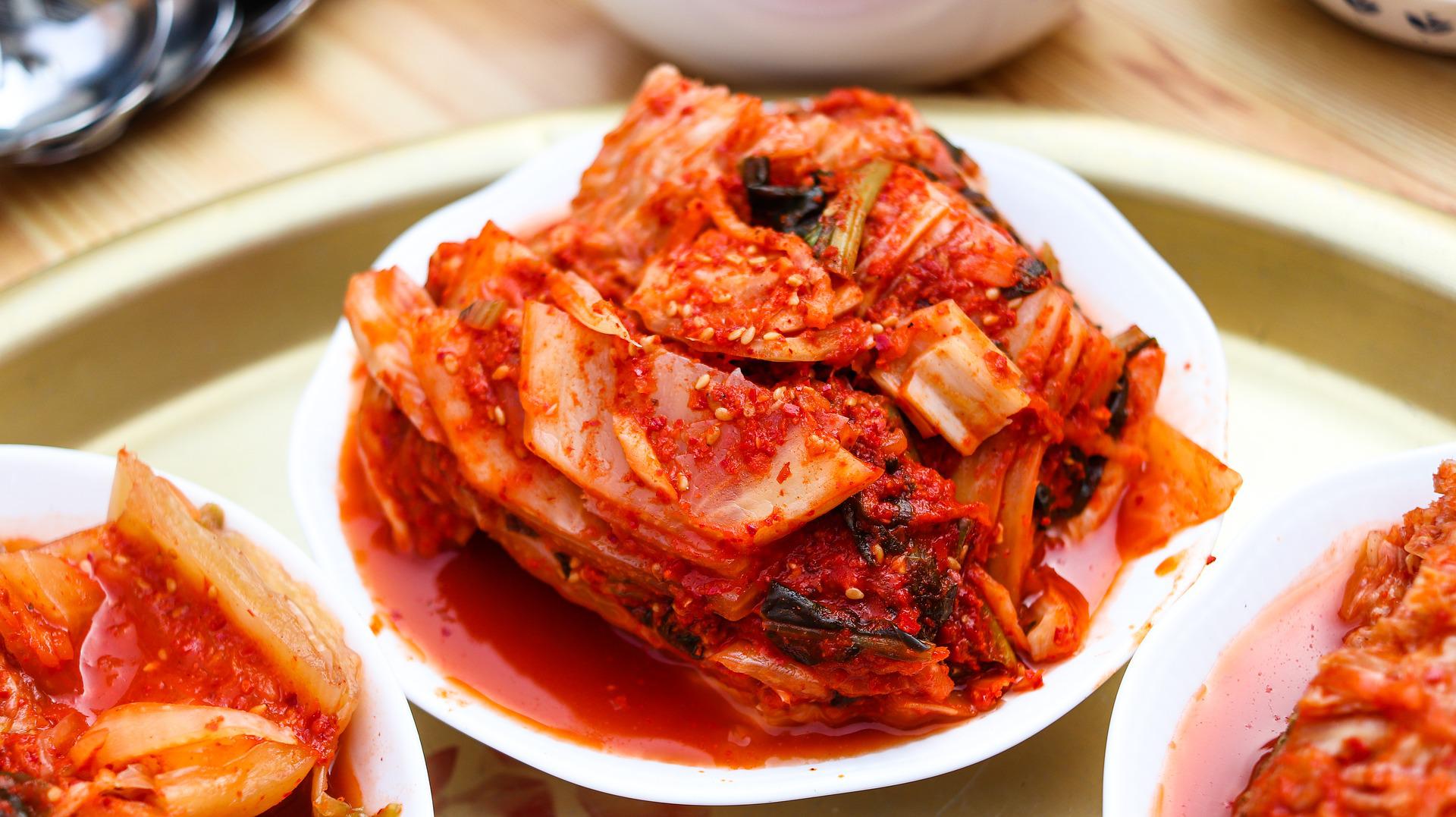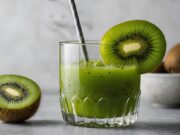
1. Anticancer
The reason that kimchi is expected as an anti-cancer food is that cancer-preventing vegetables such as cabbage, radish, mustard, garlic, and red pepper are the ingredients of kimchi.
Among the cancer-fighting ingredients in kimchi, indole-3-carbinol (Chinese cabbage), isocyanate (Chinese cabbage), allyl sulfide (garlic), and capsaicin (red pepper powder) are listed. That is why experts predict that kimchi will be beneficial in suppressing various cancers such as stomach cancer, liver cancer, colorectal cancer, lung cancer, and bladder cancer.
The Rural Development Administration announced the results of a study that showed that the anticancer effect of kimchi increases when it is properly aged. When kimchi with seasonings such as garlic, ginger, red pepper powder, and chives was properly cooked and added to gastric cancer cells (MKN45), the cancer cell growth inhibitory effect was 4 to 10% higher than that of unfermented kimchi. Red pepper powder had the highest rate of inhibition of cancer cell growth by type of seasoning, followed by garlic.
2. Digestion promotion
One of the charms of kimchi is that it is digested well and acts as a bowel movement to clean the intestines. This is thanks to the lactic acid bacteria generated during the fermentation process. In the past, it was known that most of the lactic acid bacteria in kimchi died before reaching the intestines.
It was thought that if they were attacked by stomach acid from above, they would not be able to survive. However, according to the research results of the Kimchi Research Institute at Pusan National University, eating 300g of kimchi a day increases the number of lactic acid bacteria in the large intestine by 100 times (compared to those who do not eat kimchi).
3. Anti-obesity
One of the distinguishing features of kimchi is that it enhances the taste, but does not make it fatter. Kimchi has only 9 (dongchimi) to 55 kcal (onion kimchi) per 100 g. Cabbage kimchi is 29 kcal, and in addition, the hot pepper component (capsaicin) helps the decomposition and burning of fat. The dietary fiber in kimchi makes you feel full quickly and promotes excretion.
5. Inhibition of harmful bacteria
Kimchi is also famous as an antibacterial vegetable that kills harmful bacteria such as food poisoning bacteria. Again, thanks to the lactic acid bacteria, the lactic acid bacteria suppress the growth of harmful bacteria such as food poisoning bacteria in kimchi. As kimchi is fermented, lactic acid bacteria proliferate to produce lactic acid, and the pH naturally lowers.
6. Anemia prevention
As a result of ingesting 300 g of cabbage kimchi per day for an adult male for 4 weeks, blood iron concentration and ferritin, which helps iron absorption, increased. This suggests that kimchi can help prevent anemia, which is mainly caused by iron deficiency.
7. Prevention of vascular disease
As a result of ingesting lyophilized cabbage kimchi pills (30 g) daily for 6 weeks in healthy adults, it was found that it lowered blood triglycerides and arteriosclerosis index, and raised HDL cholesterol, which is good cholesterol for vascular health.
































